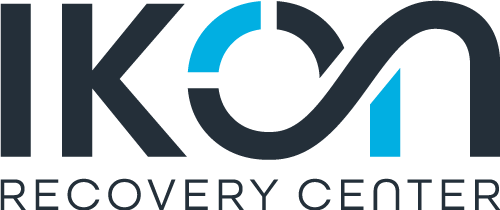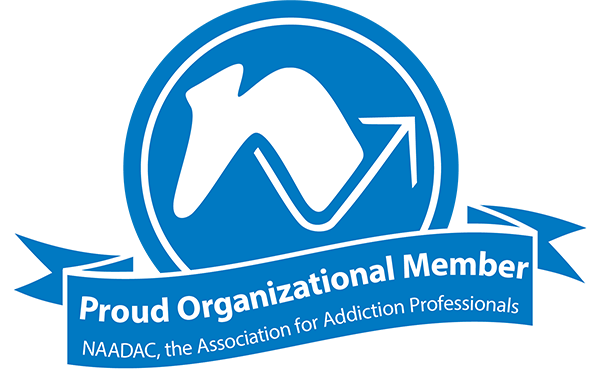A healthy body isn’t just a vague goal—it’s a powerful catalyst for a healthy mind and a positive transformation. At Ikon Recovery Center, our tailored exercise programming is designed to unlock your full potential, fostering not only physical well-being but also empowering you to discover your best self in every aspect of your life and in your recovery journey.
Exercise For
Addiction Recovery
Build Resilience and Strength At Ikon Recovery Center
Discover Your Best Self
With Exercise Programming at Ikon
What Is Exercising for Addiction Recovery?
The benefits of exercise and physical fitness are well-documented, and exercise can also play a supportive role in addiction recovery by promoting physical, mental, and emotional well-being. ‘Gym therapy’ can be a wonderful addition to your treatment plan, with one recent analysis noting that regular exercise was associated with lower substance use in 75% of the studies included in the report.[1]
Movement has always been a vital part of the human experience, and the benefits of doing so as a part of your recovery can include improved mood regulation, enhanced self-esteem, and a strengthened sense of purpose.[2] Engaging in regular physical activity not only contributes to the restoration of physical health but also serves as a powerful tool for managing stress, a common trigger for relapse and usage.
Exercise programming at Ikon Recovery Center is conducted by trained professionals seamlessly integrated into your comprehensive plan. Tailored to individual needs, these programs often incorporate daily enjoyable activities lasting from 30 to 60 minutes. We recognize the importance of personalized exercise routines in promoting physical and mental well-being during the recovery process, and we’re dedicated to empowering you with the tools and support needed to embrace a healthier, more fulfilling lifestyle.
How (and Why) Exercise for Addiction Works
Exercise for addiction works through a combination of physical, psychological, and neurobiological mechanisms,[3] contributing to the overall well-being of individuals at various stages in their recovery:
Neurotransmitter Regulation:
Exercise positively impacts neurotransmitters, such as dopamine and serotonin, which are crucial for mood regulation. This mirrors the impact of substances of abuse on the brain but in a healthier and sustainable way. For individuals in recovery experiencing imbalances in neurotransmitters, exercise helps restore these imbalances, alleviating symptoms of depression and anxiety.
Mood Enhancement:
Exercise stimulates the release of endorphins, the body’s natural mood lifters. This enhanced mood serves as a powerful countermeasure to feelings of depression and emotional distress often experienced during recovery, providing individuals with a positive and natural coping mechanism.
Stress Reduction:
Regular physical activity regulates the body’s stress response by reducing stress hormone levels, such as cortisol. Given that stress often triggers addictive behaviors, exercise becomes a vital outlet for stress, fostering a balanced and resilient mindset. This, in turn, significantly decreases the likelihood of relapse.
Structure and Routine:
Incorporating exercise into a daily routine provides structure and discipline. Establishing a structured routine is especially crucial in early recovery, helping individuals develop positive habits and replace the void left by substance use with healthier activities.
Cognitive Benefits:
Exercise is linked to improved cognitive function, including enhanced focus, concentration, and memory. These cognitive enhancements contribute to better decision-making and increased engagement in treatment, thereby supporting the overall recovery process.
Social Connection:
Group exercise or team sports foster social connections and a sense of community. Building positive social networks is essential for sustained recovery, actively reducing feelings of isolation and creating a supportive environment conducive to lasting well-being.
Ikon Recovery Center embraces a truly holistic approach to recovery. We go beyond the traditional, evidence-based interventions, weaving exercise options seamlessly into your comprehensive treatment plan. Recognizing the profound impact of physical well-being on mental health, Ikon offers diverse indoor and outdoor gym therapy opportunities, contributing to a transformative recovery experience.
The Efficacy of Exercise for Addiction Treatment
Several studies to date have demonstrated that the development of exercise-based interventions to reduce compulsive patterns of addiction (and across several populations) is beneficial in the recovery process.[4]Many studies support exercise-based treatments for addiction, owing to the psychological, behavioral, neurobiological, and overall positive health effects of movement.[5]
Exercise can also help to alleviate symptoms of co-occurring disorders such as depression and anxiety.[6] The holistic benefits of exercise extend to addressing mental health challenges commonly associated with addiction, providing individuals with a well-rounded approach to recovery.
Exercise Programming at Ikon Recovery Center
Ikon Recovery Center stands far above the crowd in our commitment to holistic treatment by providing you with a wide range of exercise and fitness opportunities for your recovery. Boasting comfortable and spacious facilities, Ikon provides a unique atmosphere for individuals seeking total wellness of the mind, body, and soul. The integration of exercise into our programming contributes to a comprehensive and personalized treatment experience, fostering well-rounded well-being on your path to recovery.
Treating Addiction
Frequently Asked Questions about Exercising For Addiction Recovery
Is exercise a substitute for other addiction treatments?
Exercise is not a standalone substitute but a complementary component of a comprehensive treatment plan. It enhances overall well-being and contributes to the effectiveness of evidence-based interventions.
Can individuals with different fitness levels participate in exercise programs?
Yes, exercise programs at Ikon are designed to accommodate individuals of varying fitness levels. Programs are tailored to each person’s abilities and gradually adjusted as fitness improves.
How does exercise address stress, a common trigger for addiction?
Exercise helps regulate stress hormones, reducing overall stress levels. It provides a constructive outlet for stress, promoting a balanced mindset and decreasing the likelihood of relapse.
Are there specific exercises recommended for particular substances or addictions?
Exercise recommendations are tailored to individual needs rather than specific substances. The goal is to enhance overall well-being and support the recovery process universally.
Is exercise mandatory in addiction treatment?
While exercise is highly encouraged and integrated into treatment plans, it is not mandatory. Individuals work collaboratively with healthcare professionals to determine the most suitable and effective components for their recovery journey.
Sources
[1] Piché, F., Daneau, C., Plourde, C., Girard, S., & Romain, A.-J. (2023). Characteristics and impact of physical activity interventions during substance use disorder treatment excluding tobacco: A systematic review. 18(4), e0283861–e0283861. Retrieved from https://doi.org/10.1371/journal.pone.0283861 on November 17th, 2023
[2] Linke, S. E., & Ussher, M. (2014). Exercise-based treatments for substance use disorders: evidence, theory, and practicality. The American Journal of Drug and Alcohol Abuse, 41(1), 7–15. Retrieved from https://doi.org/10.3109/00952990.2014.976708 on November 17th, 2023
[3] Zschucke, E., Heinz, A., & Ströhle, A. (2012, May 3). Exercise and Physical Activity in the Therapy of Substance Use Disorders. The Scientific World Journal. Retrieved from https://www.hindawi.com/journals/tswj/2012/901741/ on November 17th, 2023
[4] Smith, M. A., & Lynch, W. J. (2012). Exercise as a Potential Treatment for Drug Abuse: Evidence from Preclinical Studies. Frontiers in Psychiatry, 2. Retrieved from https://doi.org/10.3389/fpsyt.2011.00082 on November 17th, 2023
[5] Lynch, W. J., Robinson, A. M., Abel, J., & Smith, M. A. (2017). Exercise as a Prevention for Substance Use Disorder: a Review of Sex Differences and Neurobiological Mechanisms. Current Addiction Reports, 4(4), 455–466. Retrieved from https://doi.org/10.1007/s40429-017-0178-3 on November 17th, 2023
[7] Knapen, J., Vancampfort, D., Moriën, Y., & Marchal, Y. (2014). Exercise therapy improves both mental and physical health in patients with major depression. Disability and Rehabilitation, 37(16), 1490–1495. Retrieved from https://doi.org/10.3109/09638288.2014.972579 on November 17th, 2023
